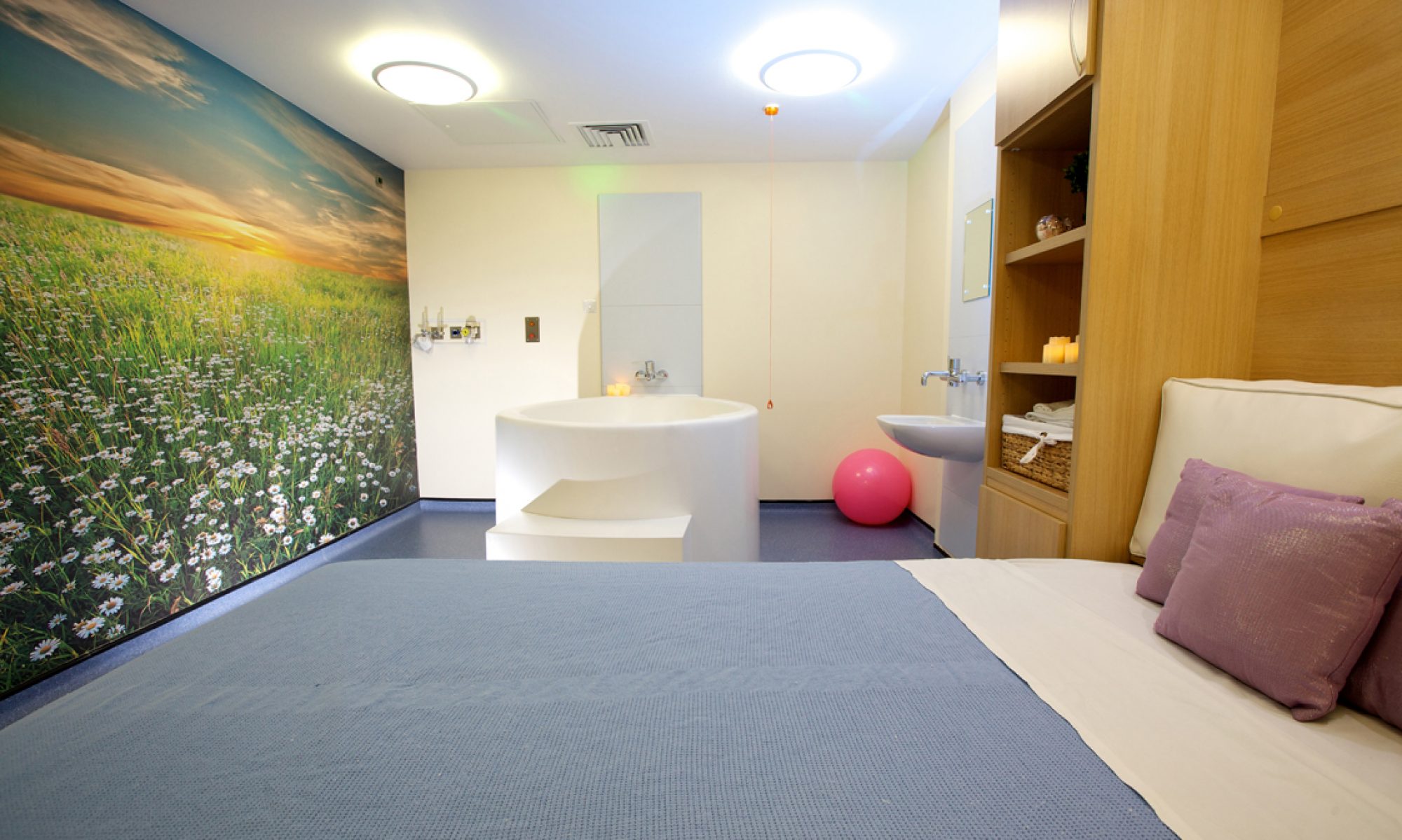UK Homebirth Support Group: Visit them on Facebook
Bradford Choices is the 2nd Tuesday of the month, beginning at 7.30pm. Join the Facebook group for more information and the venue: https://www.facebook.com/bradfordbirthchoices
Wharfedale Birth Choices Group meets in Burley in Wharfdale, on the 3rd Saturday of the month at 10:30am. Would love to see you there, and please do help us get the word out by inviting friends and colleagues to join the group. Find them on Facebook HERE
Huddersfield and Calderdale Home Birth Support Group meet every six weeks. Find them on Facebook HERE
Ilkley Positive Birth Movement Group meets on the last Sunday of the month at Midwife Amanda’s house in Ilkley. Please contact Amanda on 07828 315622 or visit them on Facebook.
Leeds and Bradford Caesarean and VBAC Support Group. A ‘peer’ support group for women and their partners who are considering caesarean, who have had a caesarean and want to discuss their emotions relating to their experience, for women planning another baby or already pregnant and wondering about their options and choices to birth normally next time around. Click HERE to go to their Facebook Page.
Harrogate Homebirth Support Group. The Harrogate and District Home Birth Support Group meetings are held on the third Sunday of every month 10.30am – 12 noon at the Oatlands Community Centre, Gladstone Street, Harrogate. For further details contact: harrogate@nct.org.uk .
Leeds Choices – St. Andrews Church, Horsforth. Their Facebook page is HERE.
Manchester Homebirth Group. Visit their facebook page.
Wakefield Birth Choices is now only on Facebook.
York Home Birth Support Group meets on the first Sunday of the month from 3-5pm. See Facebook HERE
Sheffield Homebirth Group – https://www.facebook.com/sheffieldhomebirth/
Hull & East Yorkshire Home Birth group – meets third Monday of the month.
https://www.facebook.com/HEYHomeBirthGroup
http://www.hulleastyorkshomebirth.org.uk/
La Leche League Groups in Yorkshire:
- Ilkley, Shipley and Bradford – On Facebook here
- Leeds – See their Facebook Group here.
- Harrogate – contact Anna 07810 542527 or Facebook Here
- Barnsley – Local contact is Sarah Ingall. Go to www.facebook.com/lllbarnsley SARAH TO SEND MORE INFO
Having a homebirth in Leeds – information and support from your midwives. Contact the Lotus Team on 0113 392219
There are home birth and water birth information evenings, speak to staff at the LGI for information.

